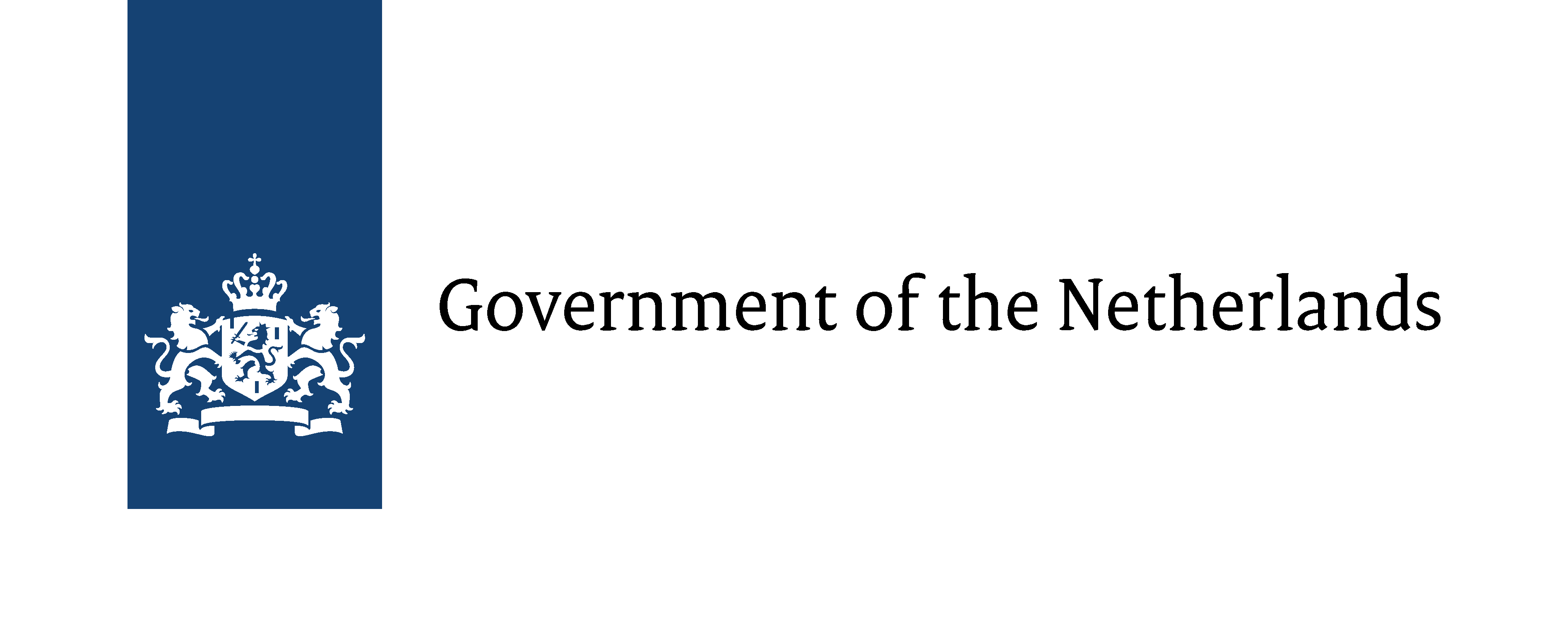Sharing experience with the provision or reception of adaptation support, and the main knowledge and capacity gaps that need to be bridged to develop system-wide, long-term and investable/implementable adaptation plans
November 13, 10:00 - 11:30
Countries have committed to adapt to the consequences of climate change, through the Paris Agreement, guided by the Global Goal on Adaptation. Almost all countries now have national adaptation plan (NAP) processes underway to develop plans, policies or strategies in place to become climate-resilient. The focus for the coming years, and thus the upcoming UNFCCC COP30, will be accelerating the shift from planning to implementation of adaptation measures.
A wide range of guidelines on adaptation planning have been developed which advise on approaches for structuring adaptation planning. However, more may be needed to support countries in developing and carrying out the cross-sectoral, multilevel and multi-stakeholder processes that are needed to develop plans that actors can commit to, a crucial step towards implementation.
The NAP process is about putting adaptation at the heart of decision-making, and are a foundation for adaptation at scale. Through NAP processes, countries are putting in place the systems, institutions and capacities to make adaptation planning standard practice rather than a separate, ad hoc exercise. The proposed session will highlight how different actors—governments, civil society, the private sector, and knowledge institutes—can work together to translate insights into concrete policies and plans for adaptation that can be implemented and invested in.
The session will combine short presentations with a moderated dialogue among government representatives, adaptation practitioners, and development partners. It will showcase lessons learned and invite reflections on opportunities to accelerate adaptation through collaboration and political support. The dialogue will address the question of the extent to which coordination, peer learning, and exchange regarding how supporting implementable adaptation plans is desirable and can be organized or embedded within existing initiatives.
Speakers will include representatives from the Kingdom of the Netherlands, collaborating governments such as Ghana (tbd), organisations providing adaptation support such as the NAP Global Network, and other governments engaged in similar processes, including Germany’s GIZ.
Together, these experiences demonstrate that concrete collaboration – cross-sectoral, multi-level, and between public and private actors – not only deepens insights into adaptation challenges and solutions, but also builds the willingness and commitment needed to turn strategies into action.
Programme
